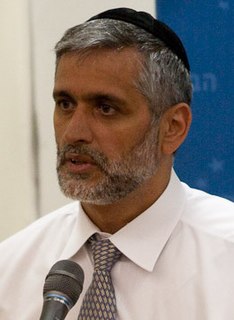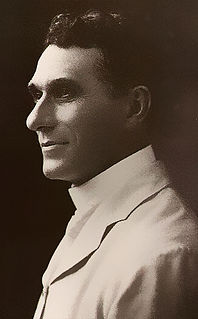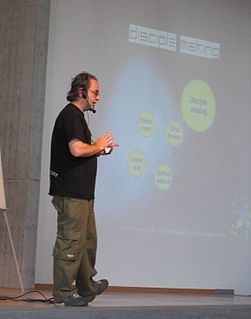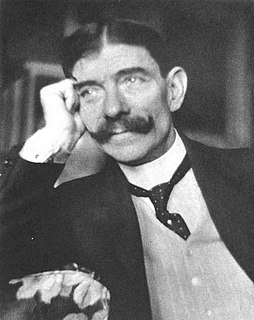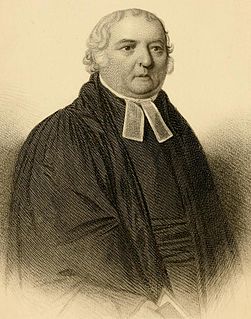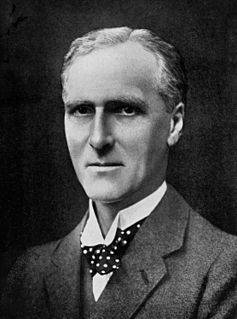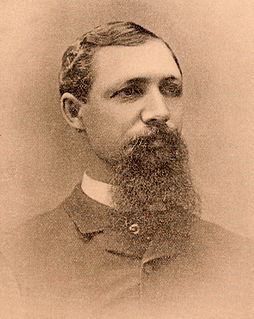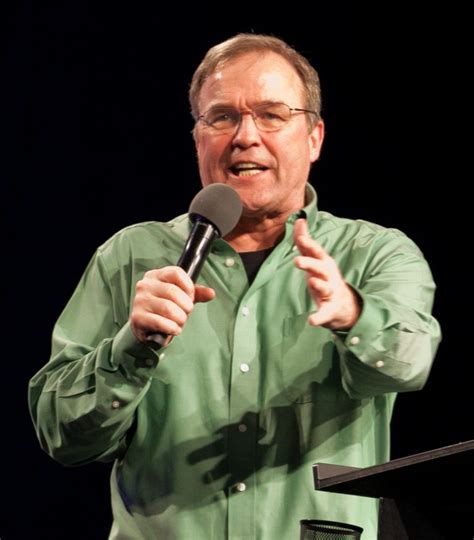Top 1200 Orthodox Christianity Quotes & Sayings - Page 2
Explore popular Orthodox Christianity quotes.
Last updated on December 2, 2024.
Contemporary Christianity, diverse and complex as we find it, actually may show more unanimity than the Christian churches of the first and second centuries. For nearly all Christians since that time, Catholics, Protestants, or Orthodox, have shared three basic premises. First, they accept the canon of the New Testament; second, they confess the apostolic creed; and third, they affirm specific forms of church institution. But every one of these - the canon of Scripture, the creed, and the institutional structure - emerged in its present form only toward the end of the second century.
In the Christian world, as you remember, Christianity is in the 21st century, Islam is in the 15th century. I don't mean to say that Islam is backward; I mean to say that there are certain experiences that it hasn't gone through. Christianity had the great religious wars of the 17th century. Islam, fortunately for the Muslims, did not have that. Christianity worked out a system of toleration. Islam was always more tolerant of Christendom.
There are also two Christianities in the world today. There is (1) the Christianity of the New Testament, and there is (2) the Christianity of accommodation to modernism, egalitarianism, niceness, naturalism, pop psychology, secular humanism, relativism, subjectivism, individualism, "Enlightenment" rationalism or postmodern irrationalism. New converts to the first Christianity are constantly amazed and scandalized by finding many of their clergy to be in love with the second and in fear of the first.
The sum of the whole matter is this: He who is one in will and heart with God is a Christian. He who loves God is one in will and heart with Him. He who trusts Christ loves God. That is Christianity in its ultimate purpose and result. That is Christianity in its means and working forces. That is Christianity in its starting point and foundation.
Discipleship means adherence to Christ and, because Christ is the object of that adherence, it must take the form of discipleship. An abstract theology, a doctrinal system, a general religious knowledge of the subject of grace or the forgiveness of sins, render discipleship superfluous, and in fact exclude any idea of discipleship whatsoever, and are essentially inimical to the whole conception of following Christ....Christianity without the living Christ is inevitably Christianity without discipleship, and Christianity without discipleship is always Christianity without Christ.
Millennials aren't looking for a hipper Christianity. We're looking for a truer Christianity, a more authentic Christianity. Like every generation before ours and every generation after, we're looking for Jesus-the same Jesus who can be found in the strange places he's always been found: in bread, in wine, in baptism, in the Word, in suffering, in community, and among the least of these.
Wondering whether Christianity is real is not the same as wondering whether Christianity is true. If you question the truth of Christianity, you can do something tangible about it. You can read books, take a class, or talk to someone about it. But what can you do when you're already convinced it's true but don't experience it as real?
Socialism" is no more an evil word than "Christianity." Socialism no more prescribed Joseph Stalin and his secret police and shuttered churches than Christianity prescribed the Spanish Inquisition. Christianity and socialism alike, in fact, prescribe a society dedicated to the proposition that all men, women, and children are created equal and shall not starve.
The way in which I know Christianity is true is first and foremost is the basis of the witness of the Holy Spirit in my heart. And this gives me self-authenticating means of knowing Christianity is true wholly apart from the evidence. And therefore, even if in some historically contingent circumstances the evidence that I have available to me should turn against Christianity, I do not think that controverts the witness of the Holy Spirit.
[Sviatoslav] Schevchuk, in the dogmatic part declares himself to be a son of the Church and in communion with the bishop of Rome and the Church. He speaks of the Pope and his closeness of the Pope and of himself, his faith, and also of the Orthodox people there. The dogmatic part, there's no difficulty. He's Orthodox in the good sense of the word, that is in Catholic doctrine, no.
The supernatural Christ of the New Testament, the god of orthodox Christianity, is dead. But priestcraft lives and conjures up the ghost of this dead god to frighten and enslave the masses of mankind. The name of Christ has caused more persecutions, wars, and miseries than any other name has caused. The darkest wrongs are still inspired by it. The wails of anguish that went up from Kishenev, Odessa, and Bialystok still vibrate in our ears.
The Divine Comedy is a political poem and when you say poetry is not about - he's always quoted out of context, that "poetry makes nothing happen," that doesn't mean you shrug your shoulders and don't try to make anything happen. And Dante felt that poetry was engaged, there was a point of view; it's not my point of view, it's orthodox medieval Christianity, and I have my troubles with that. He didn't feel that you could just rule out so important a section of life - we care about these things, and it's out of caring about them that we write poetry.
The life of West, Nietzsche said, is based on Christianity. The values of the West are based on Christianity. Some of these values seem to have taken a life of their own, and this gives us the illusion that we can get rid of Christianity and keep the values. This, Nietzsche says, is an illusion...Remove the Christian foundation, and the values must go too.
Why did the consensus of Christian churches not only accept these astonishing views but establish them as the only true form of Christian doctrine? . . . these religious debates - questions of the nature of God, or of Christ - simultaneously bear social and political implications that are crucial to the development of Christianity as an institutional religion. In simplest terms, ideas which bear implications contrary to that development come to be labeled as 'heresy'; ideas which implicitly support it become 'orthodox.'
